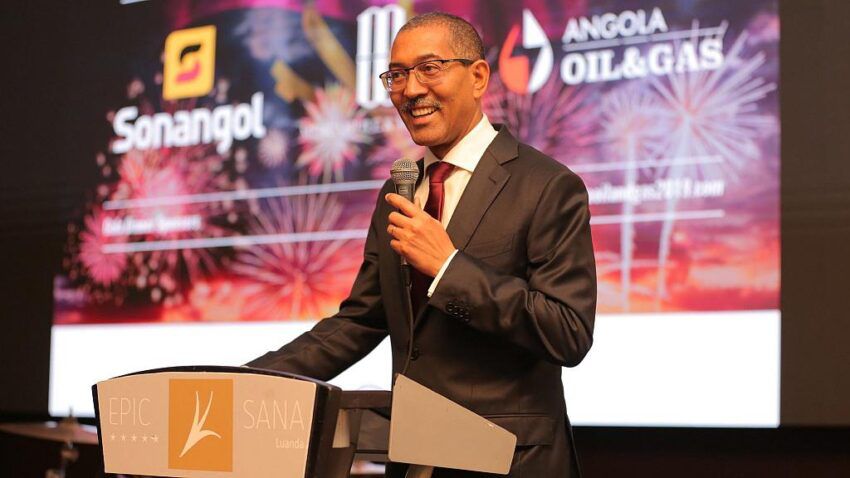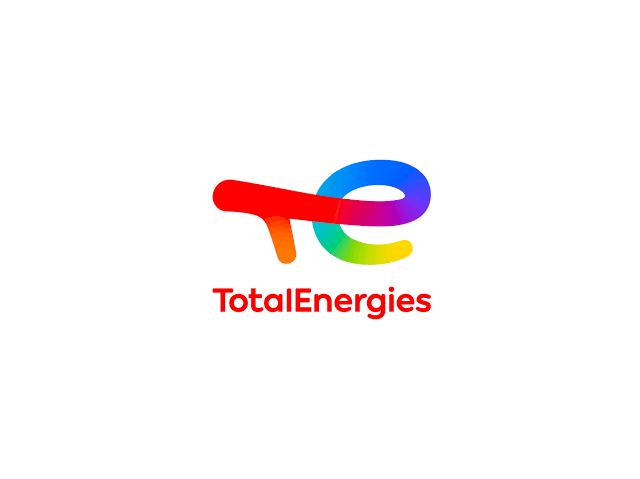On the 14th of September 1960 in Al-Shaab Hall in Baghdad, the Organisation of Petroleum Exporting Countries was birthed. The five founding fathers were Juan Pablo Pérez Alfonzo of Venezuela; Abdullah al-Tariki of Saudi Arabia; Dr Tala’at al-Shaibani of Iraq; Dr Fuad Rouhani of Iran; and Ahmed Sayed Omar of Kuwait.
The seminal which saw these five founding fathers converge in the Iraqi capital was named the “Baghdad Conference” After the meeting, Pérez Alfonzo said, “We are now united. We are making history.”
The impact of the Organisation cannot be denied considering its massive contribution to the global oil and gas sector over the years. On 6th November 1962, OPEC registered at the United Nations (UN) Secretariat, under UN Resolution no 6363, initiating several landmark decisions such as the ‘Declaratory Statement of Petroleum Policy in Member Countries’ in 1968 and expanding its Membership.
Today, it is the umbrella body of 13 countries. The five countries that started the organisation were the Islamic Republic of Iran, Iraq, Kuwait, Saudi Arabia and Venezuela. Since sixty years ago, Qatar joined in 1961, Indonesia joined in 1962, Libya joined in 1962, the United Arab Emirates joined in 1967, Algeria joined in 1969, Nigeria joined in 1971, Ecuador joined in 1973, Gabon joined in 1975, Angola joined in 2007, Equatorial Guinea joined in 2017 and Congo joined in 2018.
However, Ecuador suspended its membership in December 1992, re-joined OPEC in October 2007, but decided to withdraw its membership of OPEC effective 1 January 2020. Indonesia suspended its membership in January 2009, reactivated it again in January 2016, but decided to suspend its membership once more at the 171st Meeting of the OPEC Conference on 30 November 2016. Gabon terminated its membership in January 1995. However, it re-joined the Organization in July 2016. Qatar terminated its membership on 1 January 2019.
On the occasion, OPEC expressed its gratitude to Austria and the City of Vienna for hosting the Secretariat for the past 55 years. There are plans to celebrate the anniversary in the hall and the city where it all began, the Al-Shaab Hall in Baghdad; but it is dependent on the COVID-19 pandemic. The Organisation said it will be sharing more details as time goes on.
Speaking on the anniversary, the Secretary-General of the OPEC, Mohammad Sanusi Barkindo said, “I often think back to that day in 1960, the mood in Baghdad, how those visionaries envisaged the future of OPEC and the oil industry. What is clear is that what was set in motion has stood the test of time; OPEC still has the same core objectives, of order and stability in global oil markets, but its role has also broadened considerably, in terms of deeper cooperation with other producers, dialogue with a host of industry stakeholders, and an embrace of human concerns such as sustainable development, the environment and energy poverty eradication.”



